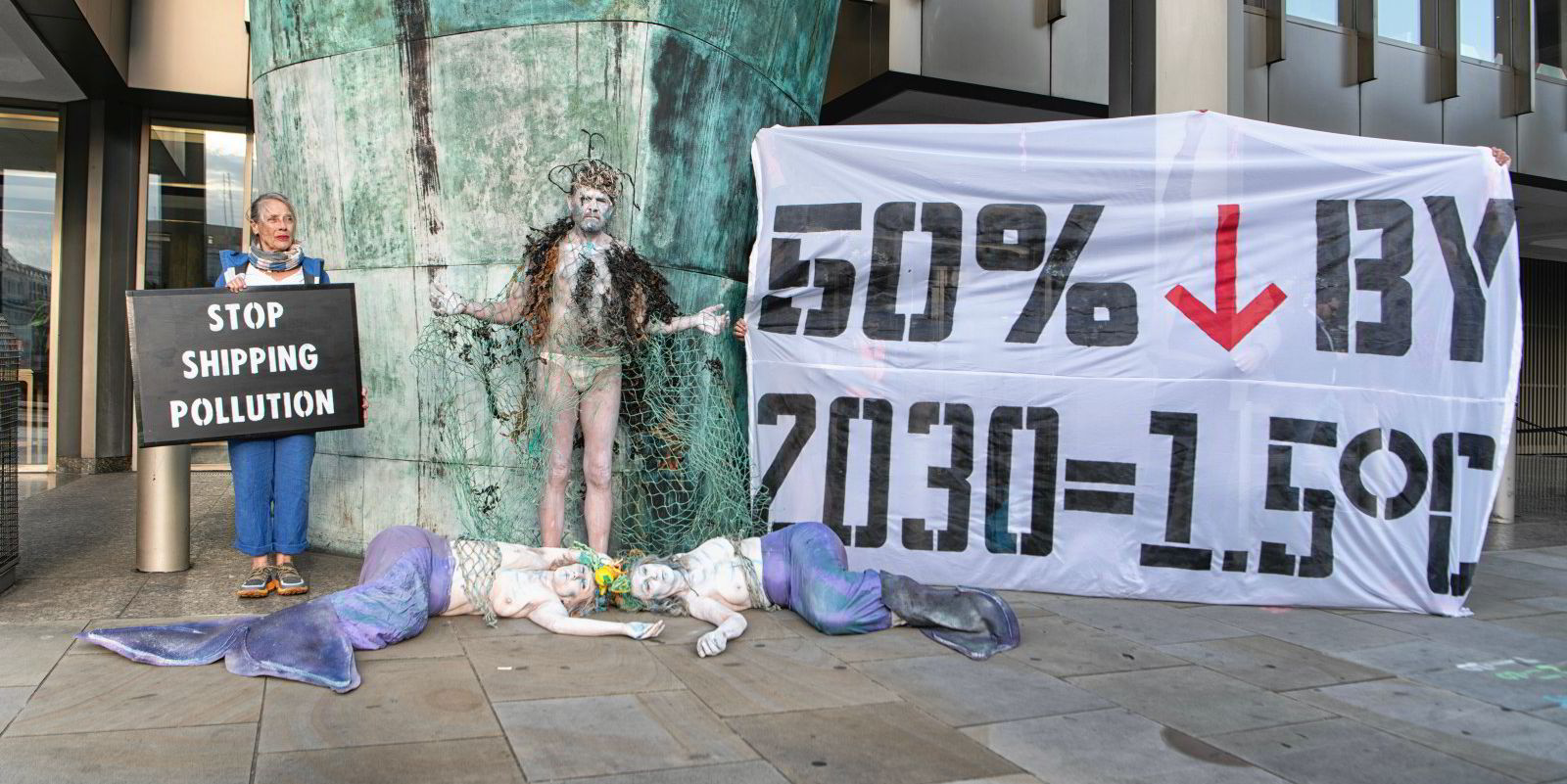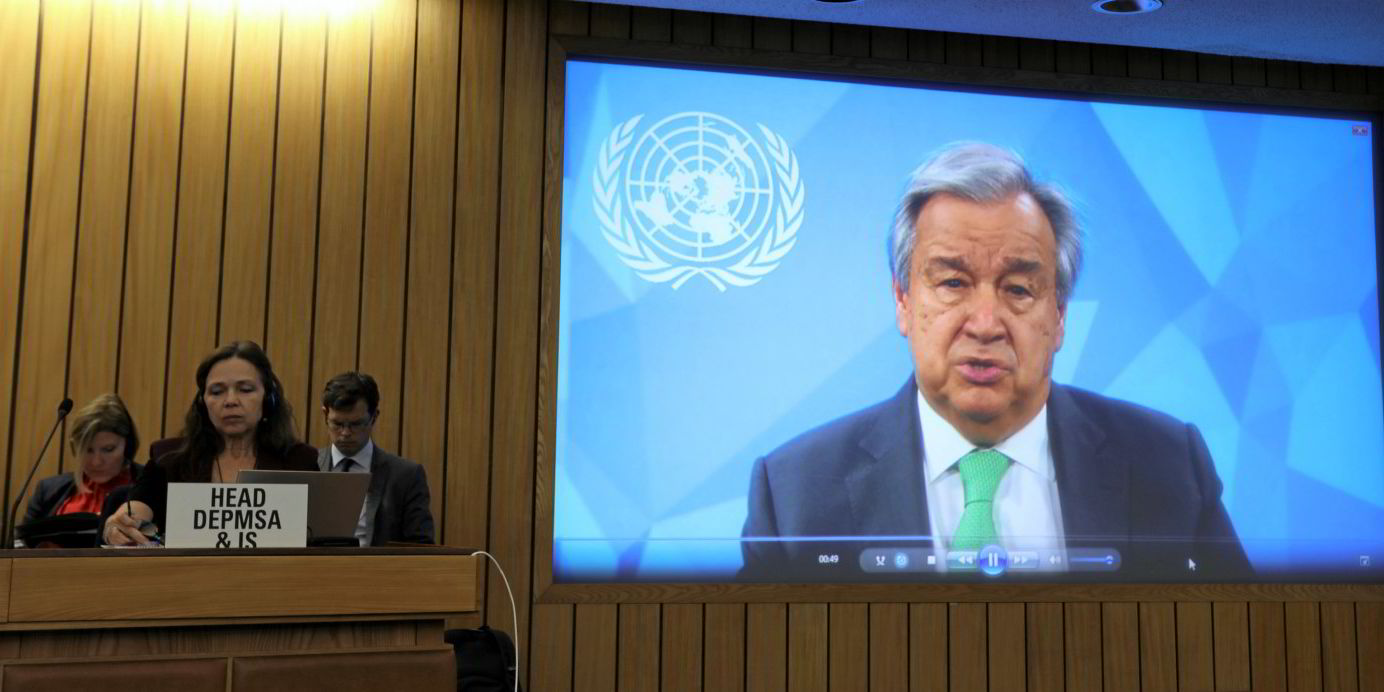The International Maritime Organization plans to adopt a carbon pricing mechanism by 2025, but only after it has completed an impact study on the candidate measures.
The decision comes after a week of talks on revising the IMO decarbonisation strategy, which has also committed the regulator to achieving net zero emissions “at or around 2050 to the extent that national circumstances allow”.
In response to concerns by China and South American countries among others over the possible negative impact of carbon levy schemes on their economies, the United Nations shipping regulator will commission an economic impact study into the carbon pricing proposals.
The impact study will also look at ways to compensate small island states affected by climate change out of the revenue raised by its economic measures.
It will also look at combining economic measures with a technical global fuel standard.
The IMO is planning for the report to be completed in the autumn of next year and for the carbon pricing system to be adopted at an extraordinary Marine Environment Protection Committee meeting to be called in the autumn of 2025.
However, concerns have been voiced that an impact study may still not resolve what has been probably the most contentious issue this week between IMO member states.
The study could even delay the adoption of a carbon pricing measure, which is viewed as critical to incentivising shipowners to decarbonise and compensating them for using expensive low-carbon fuels. There has been no progress in narrowing down the measures.
The schemes involve complicated revenue-collecting mechanisms and may not now actually enter into force until 2027.
The market-based measures under consideration include a straight $100 a tonne levy on carbon emissions from the Marshall Islands and Solomon Islands, a “feebate” scheme from Japan, a “fund and reward” scheme from the International Chamber of Shipping and an emissions trading scheme from the European Union.
The IMO urgently needs the economic measures to be in place to make progress on achieving its revised targets, which include “indicative checkpoints” on decarbonisation that would seek to cut emissions by at least 20% in 2030 while striving for a 30% cut.

To fend off criticism that the target falls short of what is required, the IMO has also included a five-year review of its targets, with the first scheduled for 2028.
The review comes amid criticism that the revised target to achieve net zero emissions “at or around 2050 to the extent that national circumstances allow”, falls short of what is required to align with the Paris Agreement on climate change.
John Maggs, president of environmental group Clean Shipping Coalition, said: “The level of ambition agreed is far short of what is needed to be sure of keeping global heating below 1.5C, and the language seemingly contrived to be vague and non-committal.”
‘Strategy falls short’
The shipping industry representatives have also suggested the targets do not go far enough.
“The revised strategy falls short to provide the necessary clarity and strong commitments for a just and equitable Paris Agreement-aligned transition,” said Johannah Christensen, chief executive of the Global Maritime Forum.
“The shipping industry is ready for a full decarbonisation and is in fact taking concrete steps towards achieving this goal,” she added.
Christensen said the IMO “must develop ambitious and rigorous policy measures, for example, introduce a levy on the emissions, to more closely align the shipping industry with the goals of the Paris Agreement, and create attractive incentives for companies to invest in zero-emission fuels and vessels”.






